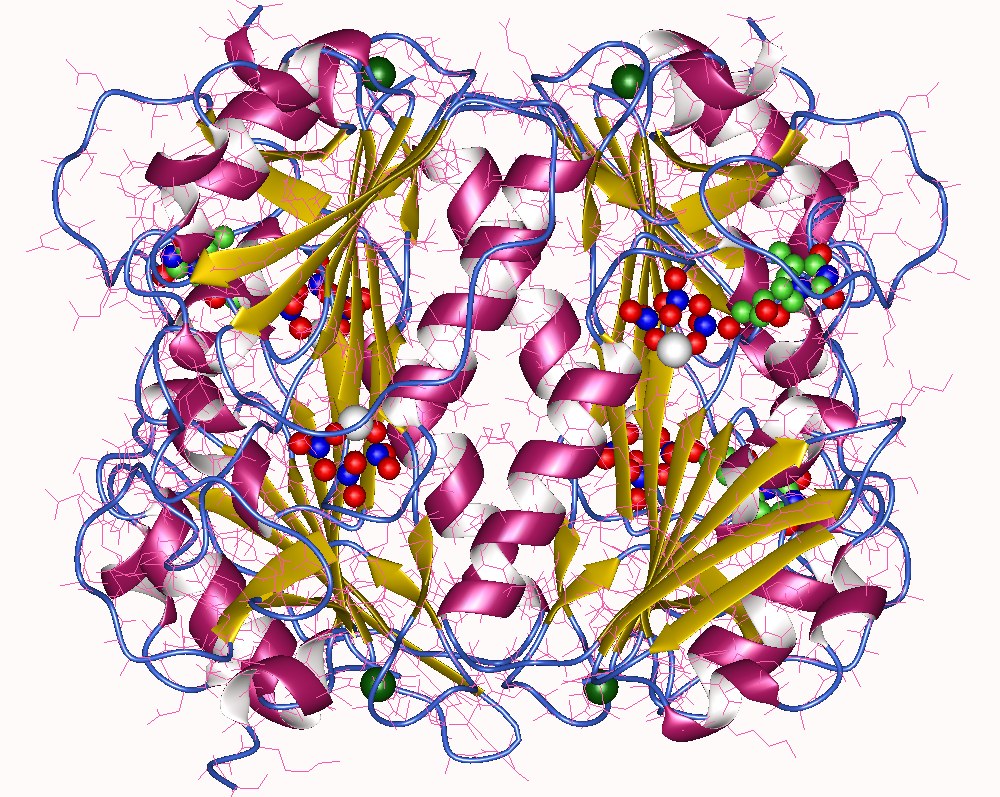
Cytochrome P450 enzymes are an important group of proteins found in all living organisms. They are responsible for carrying out several essential metabolic and regulatory processes, including the metabolism of drugs, hormones, vitamins and other xenobiotics.
Cytochrome P450 enzymes are monooxygenases that use molecular oxygen to catalyze a variety of oxidations in order to break down foreign substances, or xenobiotics, such as drugs or pollutants. These enzymes are essential for the biotransformation and detoxification of various substances to protect cellular integrity. The enzyme is commonly referred to as the “CYP” which stands for cytochrome P450 because it contains cytochrome b5, found in many lipid membranes.
In human beings, cytochrome P450 enzymes are abundant in the liver and other organs, including the intestine, adrenal glands and kidney. They are active in the metabolism of many drugs, prostaglandins and steroids, and they play a role in the biotransformation of many toxic compounds produced naturally by the body, such as acetaminophen.
These enzymes are also believed to be involved in certain pathologic processes such as carcinogenesis as well as the toxicities that can accompany drug and environmental exposures. When a drug is introduced into the body, it can be metabolized by the cytochrome P450 enzyme, inactivating the drug or changing its structure in order to facilitate its elimination from the body. When this system is not functioning properly, however, it can lead to complications such as drug-drug interactions, drug interactions with other compounds, or an amplification of drug effects.
The cytochrome P450 enzymes are also involved in the metabolism of unsaturated and arachidonic fatty acids, which are involved in a variety of biochemical pathways, such as eicosanoid biosynthesis, prostaglandin production and the inflammatory response. Alterations in the expression and activity of these enzymes have been associated with conditions such as cancer, heart disease, and liver disease.
In summary, the cytochrome P450 enzymes are essential for human life. They are involved in many biochemical pathways, including the metabolism of drugs and other xenobiotics, and are important in our protection against environmental and drug toxins. Additionally, they play a critical role in our physiology, as alterations in the expression and activity of these enzymes have been associated with disease. Cytochrome P450 enzymes are thus, indeed, a fascinating and important group of proteins.
